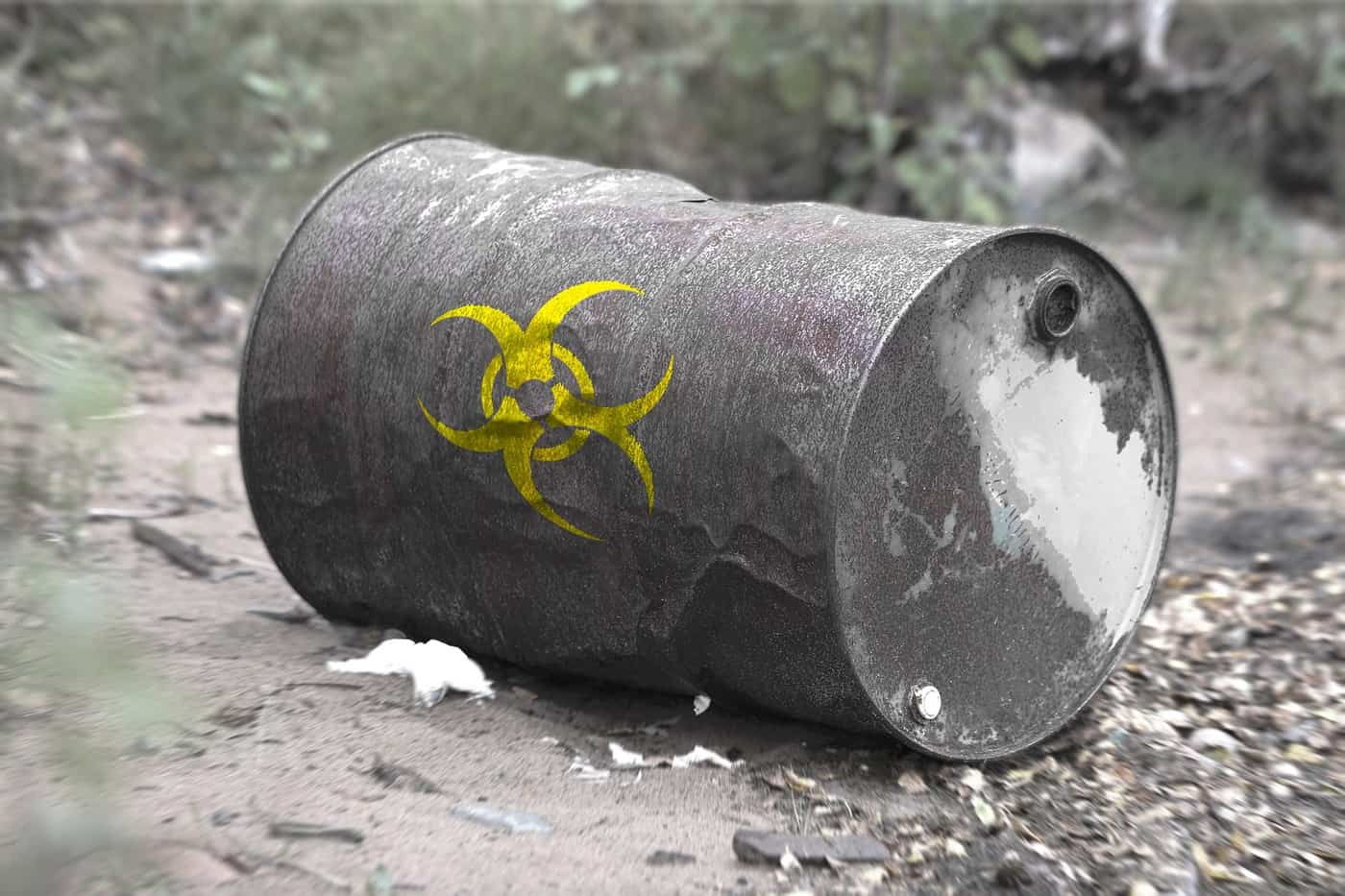In this short information I want to reflect only on the role of mercury as an anti-nutrient.
The fact that we constantly accumulate low-grade concentrations of mercury, as compared to toxic levels, is largely ignored by public health authorities and scientists, especially physicians. Although there may be a period of time when a major exposure can be detected, mercury also accumulates slowly throughout our lifetime, for instance by the consumption of fish.
Mercury contributes to most chronic illnesses, including:
- neurologic and cardiovascular disorders
- autoimmune illnesses
- chronic fatigue and fibromyalgia
- hormone disorders
- chronic infections
For this connection to many chronic illnesses, we need to include mercury in our diagnostic workup and treatment. In order to diagnose the mercury load we challenge the patient with a chelating agent (DMPS) and subsequently analyze the excretion of mercury in the urine. However, mercury is heavily retained in neurologic tissue, particularly in brain tissue. Chelation may remove mercury from body tissue quickly; but if the chelation therapy is not long enough and controlled regularly, mercury may be redirected and accumulated again in the neurons. Hair analysis is another good way to diagnose toxic loads of mercury.
Diagnosis of chronic mercury toxicity
The diagnosis of chronic mercury toxicity is often difficult because the body’s natural defenses may mask or delay symptoms. Natural defenses are a function of genetic susceptibility, epigenetic factors, or the micronutrient status. Furthermore, individuals who retain mercury, especially in the brain, may counterintuitively show low levels in blood, urine, and hair. This case is very rare, but exists.
The developmental window from conception through early childhood is one of extreme vulnerability to mercury. Mercury is an epigenetic toxicant (affecting future gene expression) as well as a neurotoxicant. Damage may be permanent; therefore, prevention is key.
For most people mercury is the most significant toxicant in the body. By promoting oxidative stress and depleting antioxidant defenses, including the glutathione system, mercury impairs the body’s response to toxicants in general, including mercury itself.
Mercury toxicity creates a need for extra nutrition
Mercury toxicity creates a need for extra nutrition, in order to repair damage and to provide ample enzyme cofactors that can push blocked enzymes. Many people with chronic mercury toxicity have found a nutrient-dense diet to be useful for symptom relief. Individualized supplementation besides targeted chelation may also be helpful to overcome the extreme nutritional depletion and unnatural toxic state.



